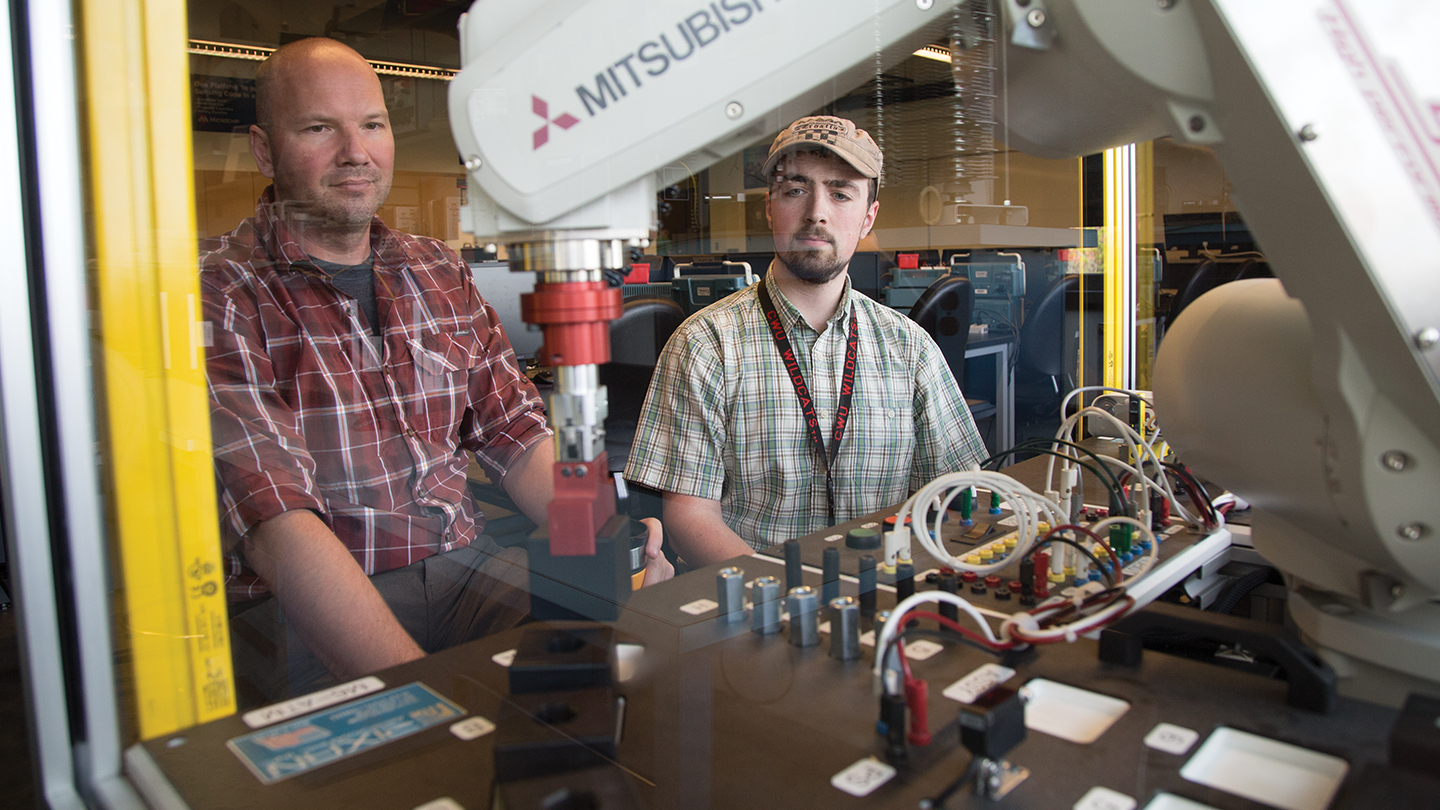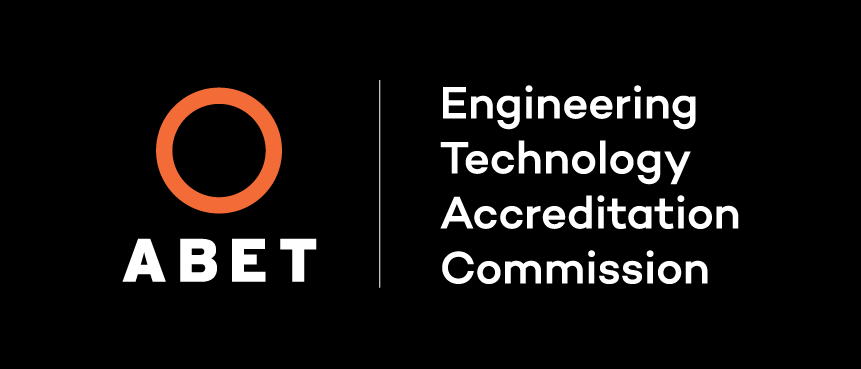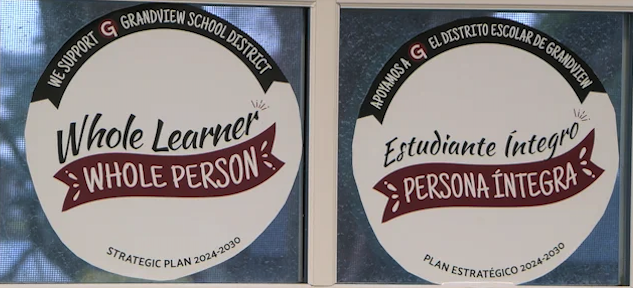
Electrical Engineering Technology
Welcome to the Electrical Engineering Technology Program at CWU
Learn to balance the “know-why” of an engineer and the “know-how” of a technician with the Electrical Engineering Technology BS degree from CWU. This unique combination makes you highly sought after in the industry, working in a wide range of career fields like engineering design, quality control, maintenance engineering, power distribution, telecommunications, research/development, consumer electronics, aerospace, and computer engineering.
Learn more about the program
Accreditation and Careers
About EET
Curriculum
EET Curriculum
Industry Support
EET Industry Support
Student Activities
EET Student Activities page
About EET
Information regarding the CWU EET Program
Degree Options
Our department envisions itself providing an educational service with customers at both ends of the system: students wanting an education leading toward employment and employers desiring leaders of the future.
- Undergraduate
- Electrical Engineering Technology Major, BS
- Minors and Certificate
- Construction Minor or Certificate
- Engineering Technology Management Minor or Certificate
- Public Health and Risk Management Certificate
- Risk Management Minor or Certificate
- Safety and Health Management Minor or certificate
- Engineering Technology Minor
- Insurance Management Certificate Robotics and Automation Minor
Learn more about our degree options through our Program Finder.
Admissions
For general university admissions information, contact the Office of Admissions. For advising information, contact the Academic Advising Center.
Are you a graduate student? Contact the School of Graduate Studies and Research for admissions information.
ABET Accreditation
We have been ABET accredited for nearly forty years, offering students the ability to pursue professional licensure.


Contact
Greg Lyman
CWU News

$4 million federal grant aimed at helping with school psychologist shortage
February 25, 2026 by Marketing and Communications

CWU Disability Services aims to provide equitable access to education
February 23, 2026 by Rune Torgersen

CWU faculty member awarded Fulbright post-doctoral scholarship
February 23, 2026 by David Leder